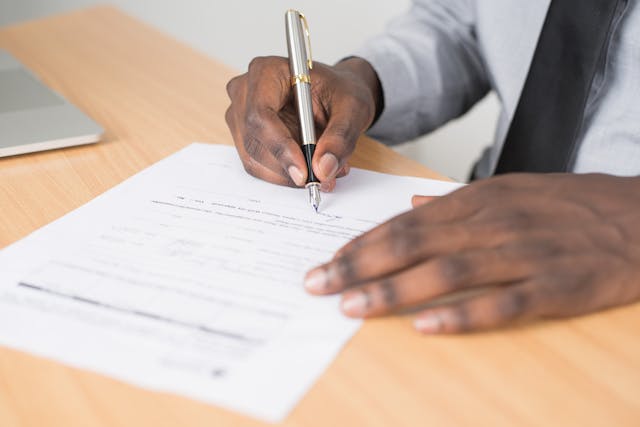When you apply for a patent, you are trying to take credit for a new idea or invention. Does this mean that you cannot patent something that has been publicly disclosed? In some cases, yes. This can be disappointing, which is why it’s wise to speak with a California multitool patent lawyer before you take any action regarding your new invention or idea.
When Would Somethasing Be Considered Publicly Disclosed?
An item does not need to be out in the world for everyone to see. It can be publicly disclosed even if only a limited number of people have seen it or been told about it. An invention or product could be considered disclosed if:
- You take it to a trade show
- You have made a pitch to investors
- Information about the invention appeared in print or online
- You enter it into a competition
- Sales for the product are opened
So even if there has been no big effort to reach out to the general public yet, your invention could still be publicly disclosed in the eyes of the United States Patent and Trademark Office. There are some protections that you can use if you still want to reveal the invention to some people though. A good example of this is the use of non-disclosure agreements, also known as NDAs. If you make a pitch to investors but they sign NDAs, your invention should not be considered publicly disclosed.
Is There a Grace Period For Patents?
If an invention does get publicly disclosed before it’s patented, its inventors may still have some hope. There is a grace period that would allow them to file for design and utility patents. They must act within one year of the earliest date of disclosure or sale though.
What Should I Do Before an Invention is Publicly Disclosed?
If you cannot file for a full patent before an invention is set to be publicly disclosed, you should at least make the effort to apply for a provisional patent. This is an easier process than the full patent application would be and this can serve as a placeholder of sorts before you end up with the full non-provisional patent.
You should also be aware of where everyone involved in creating this invention is. If multiple inventors teamed up to accomplish something, they could all be rewarded. However, if they are not on the same page, one or more of the parties involved could make a mistake and publicly disclose the invention before the necessary approvals have been made.
Schedule a Consultation With a Patent Lawyer
If you have questions about the patent process, public disclosure, or anything else, feel free to contact Burns Patent Law. We would be happy to schedule a consultation and tell you anything that you need to know.

